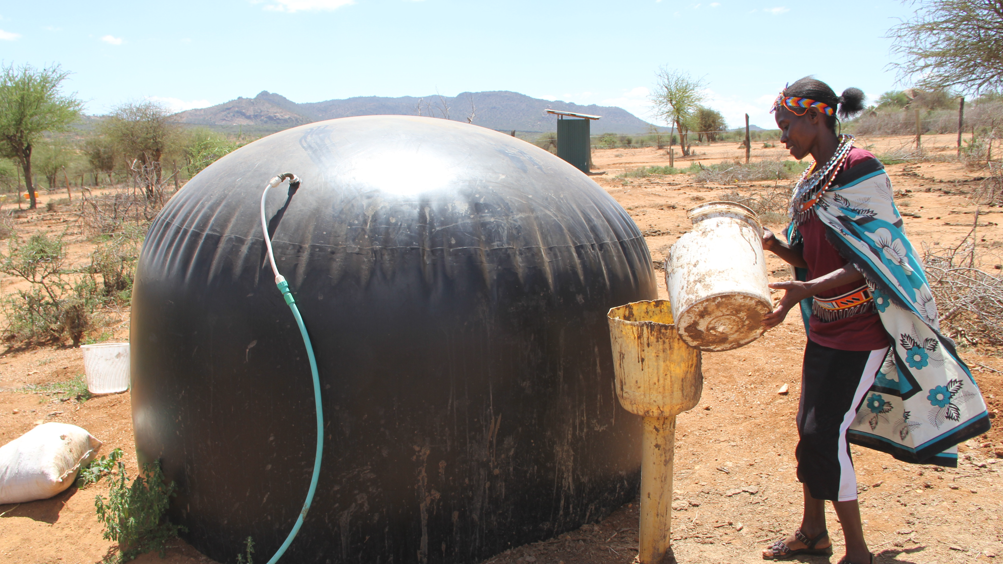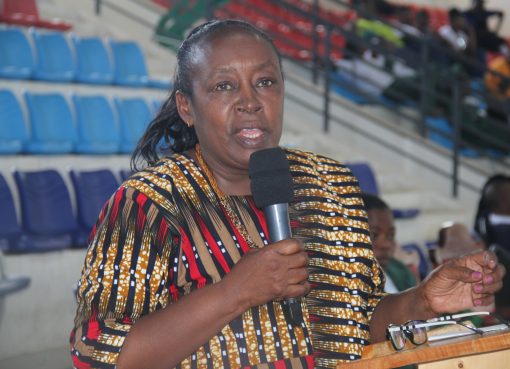A women’s group in Laikipia County has devised innovative ways to eradicate invasive cactus through biogas production.
Iloplei Twala Cultural Manyatta Women Group Founder and Director Rosemary Nenini says Opuntia Stricta commonly known as cactus has invaded most of the farms in Laikipia North sub county affecting pastoralists’ community. When consumed by livestock, cactus block the throat, stomach or intestines hence killing them and at the same time hinder grass from growing.

“Opuntia is an invasive plant that has germinated all over Laikipia North and it is becoming a disaster because it has killed a lot of livestock,” said Nenini.
She further notes that “The plant (cactus) produces very juicy fruits and when animals try to eat because of the fruit’s sharp thorns, they get into their eyes and make them go blind.
A reason they devised an innovative way to eradicate the plant that occupies over 500 square kilometres area in Laikipia.
The group which has 203 members uses a machine to grind the pulp which they later produce biogas with.
“We use a machine to grind cactus mixed with water. The mixer is poured into the bio digester and it produces more gas as compared to cow dung,” says Nenini.
She adds that, as they eradicate cactus, they are conserving the environment since no destruction of trees to get firewood for domestic use.
“We are very happy because we are conserving the environment, no more cutting of trees and it saves time, a bucket of mixer can cook for four days. It is a very important project and women love it,” says Nenini.
She urged Laikipia County government to help institutions in the county like schools, churches and homes to adopt the technology as an alternative source of energy in bid to conserve the environment and at the same eradicate the invasive plant.
Eunice Kaparo, a member of Ilpolei Twala Cultural Manyatta Women group says, cactus biogas is cost effective and eco-friendly. She called on other women to embrace the technology and help them eradicate the nuisance plant.
According to the UK – Based Center for Agriculture and Bioscience International (CABI), it is estimated that the invasive species cost the world almost 5 per cent of Gross Domestic Product which translates to US $1.4 trillion per year.
The invasive weeds affect the most vulnerable people threatening their economic growth.
CABI further shows that if the invasive weeds are not managed more than 70 per cent of natural pasture will be invaded.
Opuntia Stricta was first introduced in Kenya by the colonialists in the early 1900s as natural fencing but later became an invasive species.
By Muturi Mwangi





